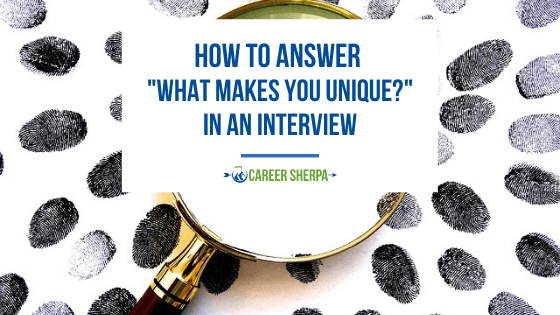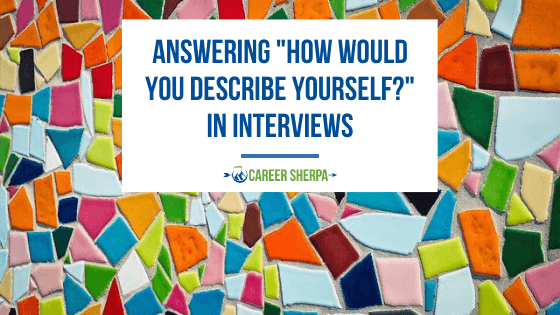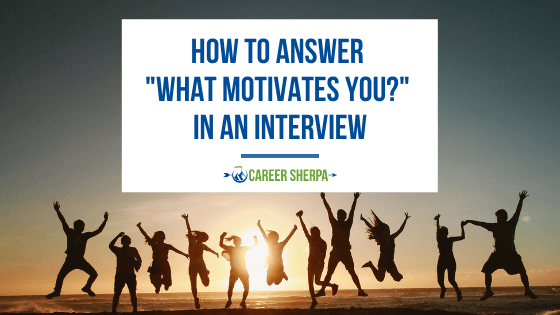
Got an interview coming up soon? We know you have a busy life, and sometimes thereâs just not enough time in the day to scan through articles to get the information you need. Thatâs why we created the Interview Cheat Sheet! We pulled the best tips, tricks, and advice from our archives and put them all in one place just for you.
Here are eight solid interview tips from our experts:
Interview Preparation
When you’re preparing for your interview, you need to make sure you cover all of your bases. Here are some tips on what to say to a potential employer:
1. Stay away from superlatives.
Keep it singular. Superlatives such as âweakest,” âworst,â or âbiggestâ indicate the greatest degree of whatever is it describing. âBiggest weaknessâ is the weakness of the highest degree implying there are other weaknesses of varying degrees but weaknesses nonetheless. That begs the question: âWhat are some others?â Likewise, âneed most to improveâ implies there are others areas for improvement. In any case, try this as an alternative, âIf I had to come up with oneâ¦â (No negatives, no multiples.)
(Original article: 4 Tips To Answer Tough Interview Questions Correctly)
2. Be prepared with questions for the employer.
Each interview takes on a different format, but somewhere along the way, an employer will likely ask if you have any questions. Even if the interview was packed with information, always have questions prepared to ask the employer that have not been touched on or that you can benefit from by having more information.
Asking questions expresses to an employer that you are serious and sincerely interested in the company and position. Asking the ârightâ questions can also help solidify a positive impression. For instance, if you have done the proper research on the company before the interview, you may have knowledge of developments happening at the company or within the industry that may have an impact on the job you applied for. Asking questions that express you are thinking ahead about the job and how certain developments may impact the business demonstrates to an employer that you are a âsmartâ candidate. You are already thinking like you belong in the position and looking ahead at how to address possible challenges. These types of questions can also help the employer see how you fit right in.
(Original article: Information You Must Have Before Your Interview)
3. Show them you did your homework.
One great way to build your interviewing confidence is by conducting plenty of research on the company youâre applying to and the position itâs offering. A common question interviewers ask is, âDo you know anything about our company?â Most times, candidates are forced to answer âNo.â If youâre able to share the companyâs background information and showcase knowledge of its future goals for the position in question, youâll undoubtedly catch the interviewer off guardâin a great way!
(Original article: 3 Ways To Build Confidence For A Job Interview)
Interview Questions

Being prepared to answer any question that comes out of the interviewer’s mouth is a big advantage in interviews. Here are some questions to go over before your next interview:
1. “How do you handle stress?”
Interviewers are generally looking for an answer that indicates you can handle multiple priorities and projects at the same time. An answer stating that stress is a natural part of life and you feel equipped to handle the challenges of the job and balance them with the rest of your life may just be the answer that earns you the job.
(Original article: How To Handle Tough Interview Questions)
2. âTell me about yourself.â
What the hiring manager is really asking: âHow do your education, work history, and professional aspirations relate to the open job?â
How to respond: Select key work and education information that shows the hiring manager why you are a perfect fit for the job and for the company. For example, a recent grad might say something like, âI went to X University where I majored in Y and completed an internship at Z Company. During my internship, I did this and that (name achievements that match the job description), which really solidified my passion for this line of work.â
(Original article: How To Answer 7 Of The Most Common Interview Questions)
3. “Tell me about a time when you did ______.”
Just because youâve never done something doesnât mean you canât do it. And it surely doesnât mean you canât excel at it. If youâre asked a question about prior experience regarding something youâve never done, the best way to answer isnât to say âNo, Iâve never done that,â or âNo, I donât have experience in that area.â The best way to handle the question is to say something along these lines: âWhile I have not had any direct experience in XYZ, I am a fast learner, and I am confident that I could (do, manage, direct, handle, etc.) XYZ successfully and exceed your expectations.â
An effective way to enhance your previous confident response would be to share with the hiring manager about a time when you did do something very similarâor something that could in some way relate to the experience they are asking you about. However, no matter how you approach the question, be sure to emphasize that youâre confident you can do whatever it is theyâre asking you about, and provide examples as to why you feel that way.
(Original article: #1 Interview Question You Must Answer Correctly)
Post-Interview Protocol

Even after the interview is over, you need to go the extra mile to impress the employer. Here are some post-interview tips:
1. Follow up with a thank-you note.
Send thank-you notes to all the individuals with whom you had a conversation. Do not send one note to just the hiring manager. You will miss out on all the other contacts that you made. Even a note to the receptionist/office manager is appropriate and helpful but only if you had more of a conversation, not just a âhello.â Make the notes unique to each individual based on the conversation you had with them. Remind them of the conversation you had. Also, in each thank-you note, remind the contact why you bring value to the company/team/position and show your enthusiasm.
As the hiring process progresses or slows, stay in touch with your contacts as appropriate. If the process has slowed, begin to follow up about every two business weeks. Too soon and it will be considered overkill. Much later than two weeks and youâll be forgotten.
(Original article: How To Follow Up After An Interview)
2. Use the three-paragraph rule.
Your follow-up email should be short, sweet, and personalized. Generally, a good rule of thumb for the length is three paragraphs, with no more than two to three sentences in each paragraph.
First paragraph: Briefly thank them for their time and reiterate your interest in the position.
Second paragraph: Discuss a couple of your strengths and how the company would benefit if you were hired. Consider using bullet points to break up your text.
Third paragraph: Include any points of clarification you might have. Include answers to questions that you werenât able to answer during the interview, or add new info about yourself that was left out of the interview.
But, remember, keep it brief. Vicky Oliver, author of 301 Smart Answers to Tough Interview Questions, suggests indicating your next point of contact by saying something along the lines of âLook forward to hearing from you within the next two weeks.â If no date was set at the interview, either ask for one or specify you will loop back to them for a decision in two weeks.
(Original article: 6 Tips For Following Up After A Job Interview)
We know how difficult it can be to ace a job interview. We hope our Interview Cheat Sheet helps you prepare for your next one so you can stand out to the hiring manager and land the job. If you’re still not feeling confident, we can help.
We’d love it if you joined our FREE community. Itâs a private, online platform where workers, just like you, are coming together to learn and grow into powerful Workplace Renegades. More importantly, we have tons of resources inside our community that can help you prepare for your next job interview.
It’s time to find work that makes you feel happy, satisfied, and fulfilled. Join our FREE community today to finally become an empowered business-of-one!
This article was originally published at an earlier date.



































